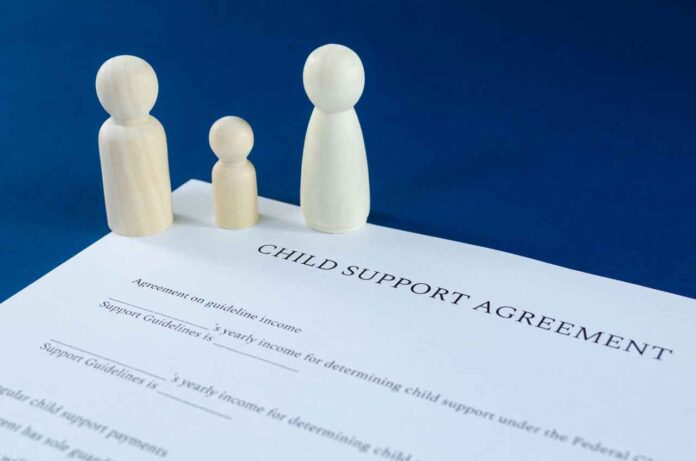Living in Richmond, Texas, and facing a child custody situation can be daunting. Texas courts prioritize the well-being of children, and navigating this process requires understanding the factors they consider. This blog post delves into the key elements Richmond judges use to determine child custody arrangements. Understanding the factors courts consider in these cases and having a qualified child custody lawyer by your side can help you navigate this challenging process. An attorney can guide you through the legal process and represent you in court.
Let us dive deep into the factors that influence child custody determinations.
The Best Interest of the Child
In all child custody decisions, the paramount concern for courts is the best interest of the child. This overarching principle ensures that custody arrangements prioritize the child’s physical, emotional, and psychological well-being. Judges meticulously evaluate various factors to determine the living situation that best fosters the child’s healthy development.
Age and Health
A court will consider the child’s age and maturity level. Younger children may require more stability and continuity in their environment, while other children’s preferences might hold more weight. The child’s physical and mental needs are also crucial. A court may prioritize a parent who can effectively manage any existing medical conditions.
Existing Relationships and Emotional Ties With Each Parent
The quality of the bond between the child and each parent is a significant factor. Courts will examine the history of the parent-child relationships, including the primary caregiver and the level of involvement each parent has in the child’s daily life.
Child’s Ties to Home, School, and Community
Uprooting a child from their familiar surroundings can be disruptive. Courts consider the child’s connection to their home, school, and community, including friendships and extracurricular activities. Minimizing disruption to these aspects of the child’s life is often a priority.
The Parent’s Ability to Care for the Child
A court will assess each parent’s capacity to provide for the child’s physical, emotional, and educational needs. This includes factors like financial stability, living arrangements, childcare plans, and overall parenting skills.
Any History of Domestic Violence
The presence of domestic violence in households is a major concern. A court will prioritize the child’s safety and may restrict custody or visitation rights for an abusive parent.
Substance Abuse by Either Parent
A parent’s history of substance abuse raises red flags about their ability to provide a safe and nurturing environment for their child. Courts may require a parent to demonstrate sobriety before granting custody.
Parental Involvement and Commitment
A parent’s demonstrated willingness to support and facilitate the child’s relationship with the other parent is crucial. Discouragement or obstruction of this connection can negatively impact a parent’s custody case.
Distance Between Parents’ Residences
The geographic proximity between parents’ homes can influence custody arrangements, particularly for younger children. Extensive travel distances can disrupt visitation schedules and create logistical challenges.
Parental Ability to Meet the Child’s Needs
The court will consider each parent’s ability to provide for the child’s specific needs, including extracurricular activities, healthcare requirements, and religious upbringing.
Parental History and Conduct
A parent’s overall character and past behavior can be relevant. Courts may consider criminal records, a history of child neglect, or any other factors that raise concerns about a parent’s fitness to raise the child. When such concerns arise and the safety and well-being of the child are at risk, some grandparents may seek help from a grandparent guardianship attorney to understand their legal rights and the process of seeking custody. This ensures the child has a stable and safe environment.
Child Preferences and Wishes
While not always determined, a court may consider a child’s expressed wishes, particularly as they mature. However, the child’s best interests ultimately supersede their stated preference.
Continuity and Stability of the Child’s Environment
Courts often prioritize maintaining stability in a child’s life. If one parent has been the primary caregiver and provided a stable environment, the court may hesitate to disrupt that arrangement unless there are compelling reasons.
Sibling Relationships
In some cases, courts may consider keeping siblings together if they have a strong bond. This can influence custody decisions, particularly if one parent can provide a home that allows siblings to remain together.
Conclusion
Child custody decisions are some of a parent’s most consequential decisions. It is advised to consult an experienced attorney who can provide you with the guidance, support, and legal expertise necessary to achieve a favorable outcome.







